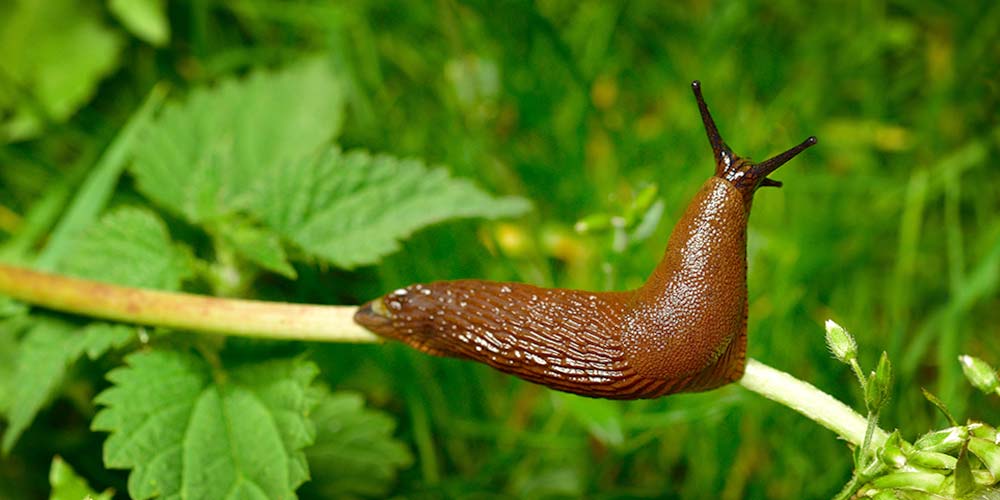Sustainability is more than just a buzzword or a flavor-of-the-month cause; it’s a way of life that supports the Earth! And, sustainability begins at home – which is why creating a sustainable, natural garden is always a wonderful idea.
Many homeowners use harmful fertilizers or pesticides, or even excess water, in their gardens, but these types of conventional gardening techniques may often be more detrimental to our planet’s health than you intended. Instead, it’s important for homeowners to create a self-sustaining, organic garden that’s free of as many chemicals as possible.
Are you just getting started on your environmentally-conscious journey? If so, it’s time to read up on five our sustainable gardening tips that every homeowner should know!
1. Use Native Plants
Using native plants in your garden is one of the overall best ways to ensure that your garden is in tip-top, sustainable shape.
But first… what are native plants?
In short, native plants are types of plants that are uniquely indigenous to your region or ecosystem and are adapted to local soils and your climate. There are tons of benefits when it comes to transitioning to a native landscape! Namely, this type of garden requires much less maintenance than a typical garden or lawn – this is because minimal watering is required, and you don’t have to use harmful pesticides or fertilizers.
In addition to this, a native plant garden has the added benefit of becoming a wildlife habitat for local birds and insects. Bottom line: Native plant usage allows for your developed landscape to coexist peacefully with nature, which is always the goal for any sustainable garden.
To get started, it’s recommended that you checki in with local garden experts to get ideas for plants that thrive in your area and vegetables that mature easily during your area’s growing season.
2. Mulch Your Garden
If you’re truly committed to a sustainable garden, using mulch is the way to go. Basically, mulch comes from organic materials, which helps to make your garden more resistant to pests; it also provides tons of valuable nutrients.
Mulching is also the best sustainable method for providing soil moisture and for preventing weeds from growing in your garden. Simply add a 2-inch layer of mulch to your garden beds and around your plants, and let the sustainable magic begin!
3. Cut Down On Watering
It’s important to use the least amount of water possible, when making the shift to sustainable gardening.
There are a few different ways to do this:
- Native Plants Require Less Water — First, as we’ve already noted, using more native plants in your garden will automatically mean using less water.
- Use a Rain Barrel — A popular option for homeowners is to install a rain barrel on one of your home’s downspouts, for collecting water to use for your plants.
- Collect Leftover Water — Another water-saving trick we love is to use a shower bucket – just place a bucket in your shower to collect leftover water runoff, and then use that water for your garden and any other plants. Simple yet effective!
4. Grow Your Own Food
There are so many reasons to grow your own food! First, selfishly, it just tastes better — garden-fresh fruits and veggies are far superior to the same fruits and veggies you’ll find in a supermarket. And, from a sustainability standpoint, growing your own food just makes sense.
You get to control your garden’s growing environment, which means you can elect NOT to use dangerous chemicals and pesticides.
Plus, harvesting our own veggies and other garden items can help contribute to overall waste reduction, considering that organic waste is the second highest component of landfills in the U.S.
Need other incentives? Growing food in your home garden can help save money and become a super-fun hobby!
5. Start Composting
Composting is an integral component of any sustainable garden. Seriously, one of the best ways to jump-start your sustainable garden is by composting all your food waste.
Composting does a lot of great things for our planet: it enriches the soil, provides much-needed nutrients to our gardens, and contributes to less waste being produced at the landfill.
In addition, composting will also help you to use less water in your garden – this is because the organic material from your compost pile allows your soil to become more fertile and able to retain more water.
Ready to get started?
When it comes to creating your personal compost pile, you have a few options. First, you could elect to simply rake your leaves over your garden bed in the fall and winter; and/or you could collect all yard waste and organic materials, such as (eggshells, coffee grounds, all your veggie and fruit scraps, grass clippings, and even shredded newspaper, and place everything in a bin or a pile.
Over time, these combined materials will start to decompose back into the earth – like a science project, but for the earth’s benefit!
Do you use sustainable gardening practices in your home garden? Did we miss an important sustainable gardening tip or technique? Tell us in the comments below!

